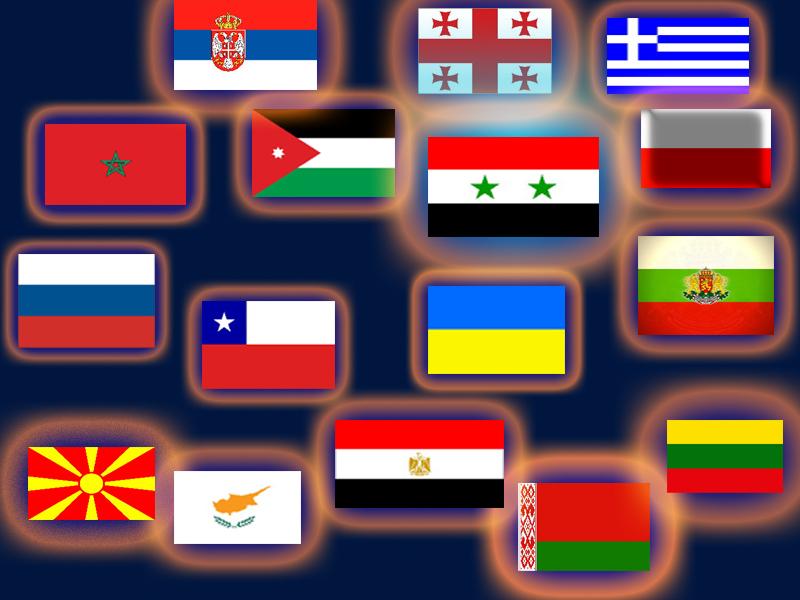Laura Secor
Silence seems to have rolled over Iranís burning landscape, not because the situation has calmed, but because we know it less and less. Reporters have been banned, communications slowed, and civic organizations that might aggregate information in ordinary times have ceased to function. One exile who usually has an inside line to events unfolding in his country complained to me yesterday that he knows nothing, because all of his friends have been arrested. A normally outspoken analyst inside Iran told me that, as much as he would love to talk, he was in hiding, having been threatened by the office of Tehranís chief prosecutor. But over here, the conversation must go on, and it has adopted a new, increasingly speculative, trope. The struggle in Iran, we are hearing, really comes down to a fight among the ťlites inside the power structure.
It is clearly true that Iranís ťlites are disunited, but to place great emphasis on this fact is misleading. Factional differences have riven the Iranian political establishment since the Islamic Revolution itself, and sometimes quite dramatically, as during the presidency of Mohammad Khatami, from 1997 through 2005. As for Rafsanjani, about whose possible role much has been made, he has been a rival of Ahmadinejad since losing the presidency to him in 2005; this has increasingly driven him toward the reformist camp, where he has been accepted only partially and reluctantly. None of these cleavages are new. In a country that does not tolerate political parties or associations in its civil society, the contest for power, and over the future of the political system, has been largely confined to the establishment itself. Khamenei has spent much of his twenty years in power checkmating his rivals inside the system and discrediting them with their supporters outside the system.
What is new today is not that cracks have opened inside a monolithic system, or even that particularly powerful figures, like Rafsanjani, have broken onto the side of the reformers. What is new is the fierce mass movement from below, which is not confined to students and intellectuals but seems to span demographics and age groups. Even while exercising legal rights, nonviolent methods, and issuing constant appeals to Islam and to the ideals of the revolution, this movement has openly defied Khamenei, the Basij, and the Revolutionary Guards, by ignoring the threats of bloodshed and mayhem. Nothing like that has happened in thirty years. In the late nineteen-nineties, Khatami, like Mousavi, had the wind at his back in the form of a very large wave of popular support, but he made it clear to his followers and to Khamenei that he would not directly defy the Supreme Leader or question the system. When activists challenged the system during the Khatami years, they found themselves isolated, a diminishing crowd without political support or mass mobilization to defend them. And so Mousavi has done a remarkable, unprecedented thing in challenging the Supreme Leaderóbut in doing it, to borrow a phrase from his June 20th speech, he followed his supporters.
That is not to diminish the historic nature of Mousaviís decision. One Iranian who spoke of it to me seemed frankly gobsmackedódoesnít Mousavi know that if he loses this battle, his life, and his familyís life, is finished now in the Islamic Republic? But it is all the more remarkable to consider that Mousavi and his movement are acting not as pawns in an internal argument between Khamenei and Rafsanjani. Rather, they have brought a tidal wave of pressure to bear on a regime of which Khamenei has just attempted to seize total control. It is the ťlites who have been forced to choose sides. Maybe some of those figures will reverse course, as Mohsen Rezaiee (Ahmadenijadís main conservative challenger) has already done, if they feel Khamenei is winning the battles in the streets. But even if they lose, Mousavi and his supporters will have permanently changed the landscape of protest in Iran by breaking what had once seemed an impermeable barrier of fear.

